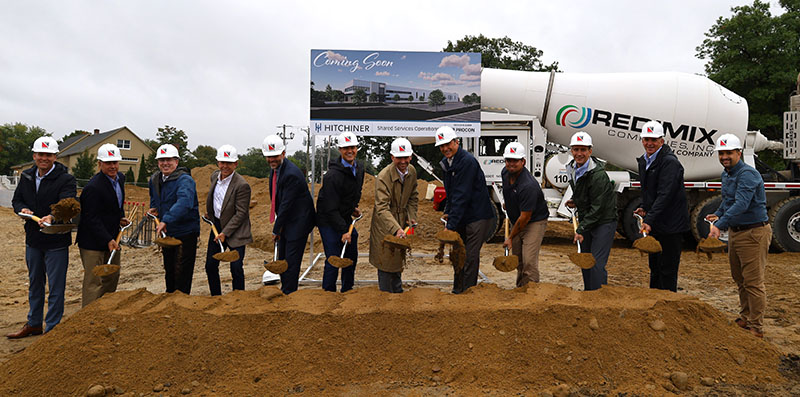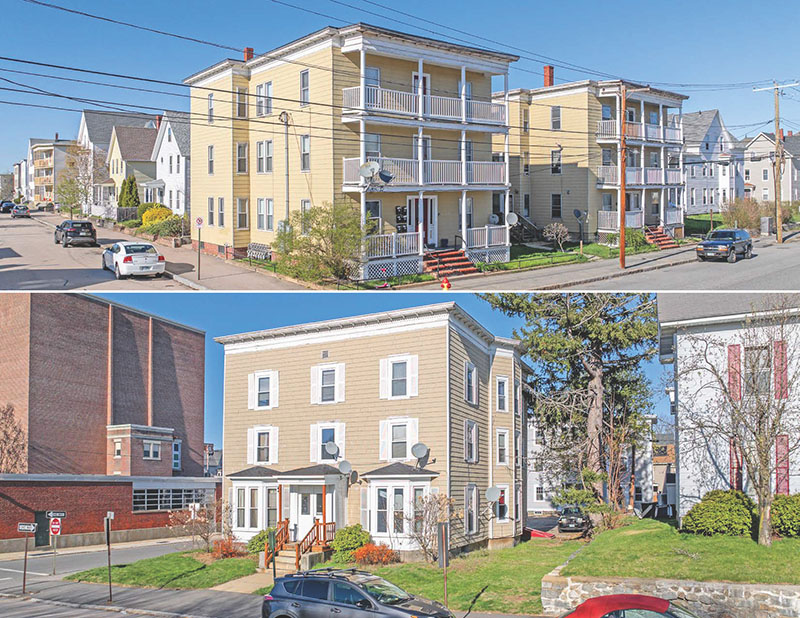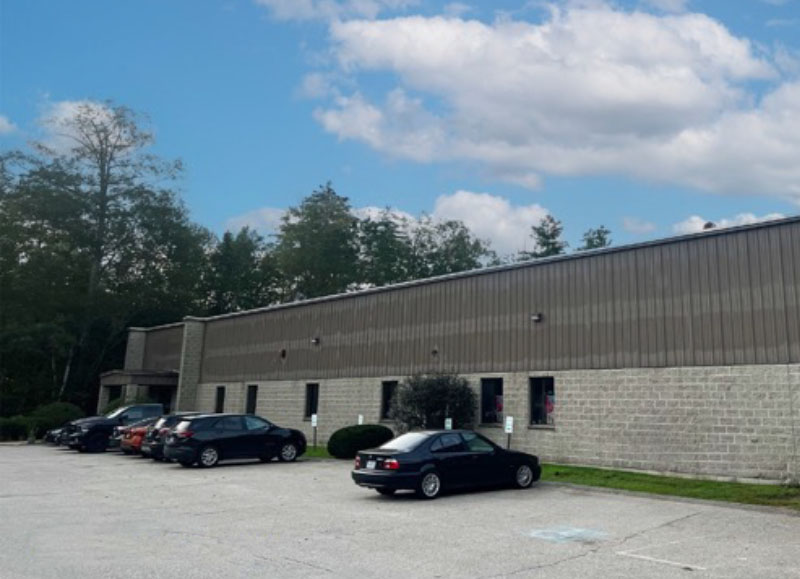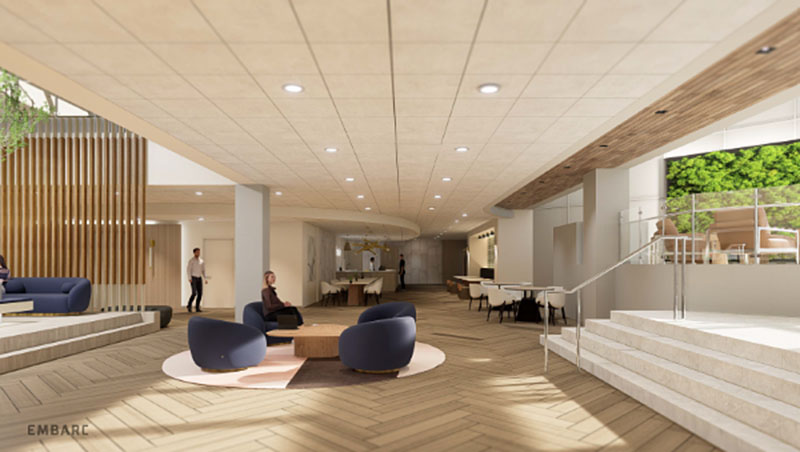Under the Dome: Additional dollars for housing development - Bob Quinn

At NHCIBOR, we have a Public Policy Committee that focuses on the commercial impact of legislative changes. This committee actively collaborates with the statewide committee, of which several NHCIBOR PPC members give their time to attend for enhanced continuity and efficacy. These two hard-working committees represent what we’re about as realtors, and strive to be the first line of defense in protecting public interests, private property ownership rights, and the interests and professionalism of our members.
Bob Quinn, CEO of NHAR, recently shared a summary of some initiatives undertaken by our committees in the recent legislative session. This month’s message features his article.
“I think we have kind of made history,” said house speaker Sherman Packard, a Londonderry Republican, after the New Hampshire Senate and House agreed on a new state budget with near unanimous, broad bipartisan support.
Increased appropriations for housing initiatives were included in the final budget. The plan appropriates $25 million to the state’s Affordable Housing Fund while creating an entirely new program, the Housing Champions Fund, designed to give municipalities the option to apply and receive the “New Hampshire Housing Champion” designation. In exchange for that designation, a municipality will receive preferential access to state resources, including discretionary state infrastructure funds. The pilot program was given $5 million in funding.
InvestNH, which is administered by the NH Department of Business and Economic Affairs (BEA), was appropriated another $10 million. That program provides grants and loans which are available to both municipalities and housing developers for projects where at least 20% of the housing units will be affordable for a period of at least 10 years.
Occupational licensing law signed
House Bill 594 was signed into law by the Governor. The bill (Chapter Law 111) states that the Office of Professional Licensing and Certification (OPLC) must issue licenses to professionals who present evidence of an active license in good standing from another state, provided that the jurisdiction’s licensing requirements are “substantially similar” to New Hampshire’s licensing requirements.
What exactly constitutes “substantially similar” is not specified in the bill but will be defined through a future rule-making process. Such licensing will ultimately be determined by the executive director of the OPLC in consultation with the boards or commissions.
NHAR testified at the House and Senate hearings that real estate laws and regulations in other states are not the same as New Hampshire’s and therefore licensing requirements could not be “substantially similar.”
The executive director of the OPLC agreed, stating she did not view New Hampshire’s real estate licensing as being substantially similar to other states.
NHAR will closely follow the rulemaking process.
Housing commission legislation killed despite House and Senate support
Senate Bill 47 would have created a study commission to look at barriers to increased density of residential development in New Hampshire. NHAR was one of seven entities to have a seat on the commission.
The bill passed easily out of the Senate, then was slightly amended by the House before passing that body easily. No problem, right? But when it comes to housing development and the New Hampshire legislature, nothing is ever easy.
Because the House and Senate had passed slightly different versions of SB 47, they had to meet and reconcile the different versions of the bill. A seven-member Committee of Conference met in late June. The head of the House delegation indicated that he felt the Commission was not needed and therefore would neither discuss the issue nor sign off on any conference report – a requirement before the bill could move forward.
So even though both the House and Senate had voted for the bill, it still failed to reach the Governor’s desk.
Bob Quinn is the CEO of New Hampshire Association of Realtors, Concord, N.H.
PROCON and Hitchiner break ground on 57,000 s/f shared services operations facility








